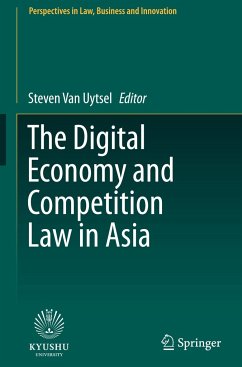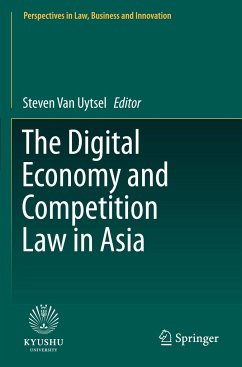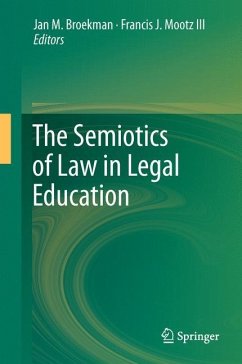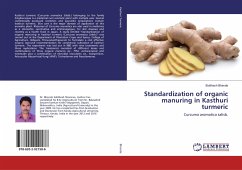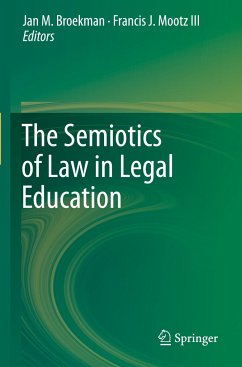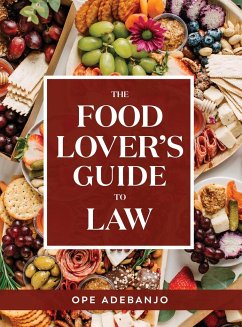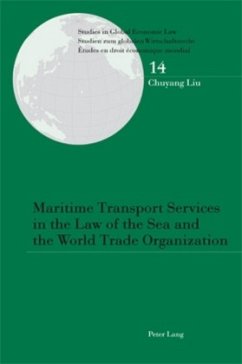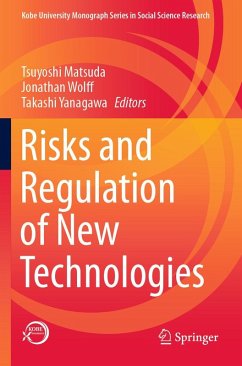
Regulatory Issues in Organic Food Safety in the Asia Pacific
Versandkostenfrei!
Versandfertig in 6-10 Tagen
113,99 €
inkl. MwSt.

PAYBACK Punkte
57 °P sammeln!
The book seeks to address the intersection of food organics and the emergence of a new contractualism between producers, distributors and consumers, and between nation states. Additionally, it seeks to cater to the needs of a discerning public concerned about how its own country aims to meet their demands for organic food quality and safety, as well as how they will benefit from integration in the standard-setting processes increasingly occurring regionally and internationally. This edited volume brings together expert scholars and practitioners and draws on their respective insights and exper...
The book seeks to address the intersection of food organics and the emergence of a new contractualism between producers, distributors and consumers, and between nation states. Additionally, it seeks to cater to the needs of a discerning public concerned about how its own country aims to meet their demands for organic food quality and safety, as well as how they will benefit from integration in the standard-setting processes increasingly occurring regionally and internationally. This edited volume brings together expert scholars and practitioners and draws on their respective insights and experiences in the field of organics, food and health safety. The book is organized in three parts. Part I outlines certain international perspectives; Part II reflects upon relevant histories and influences and finally, Part III examines the organic food regulatory regime of various jurisdictions in the Asia Pacific.






